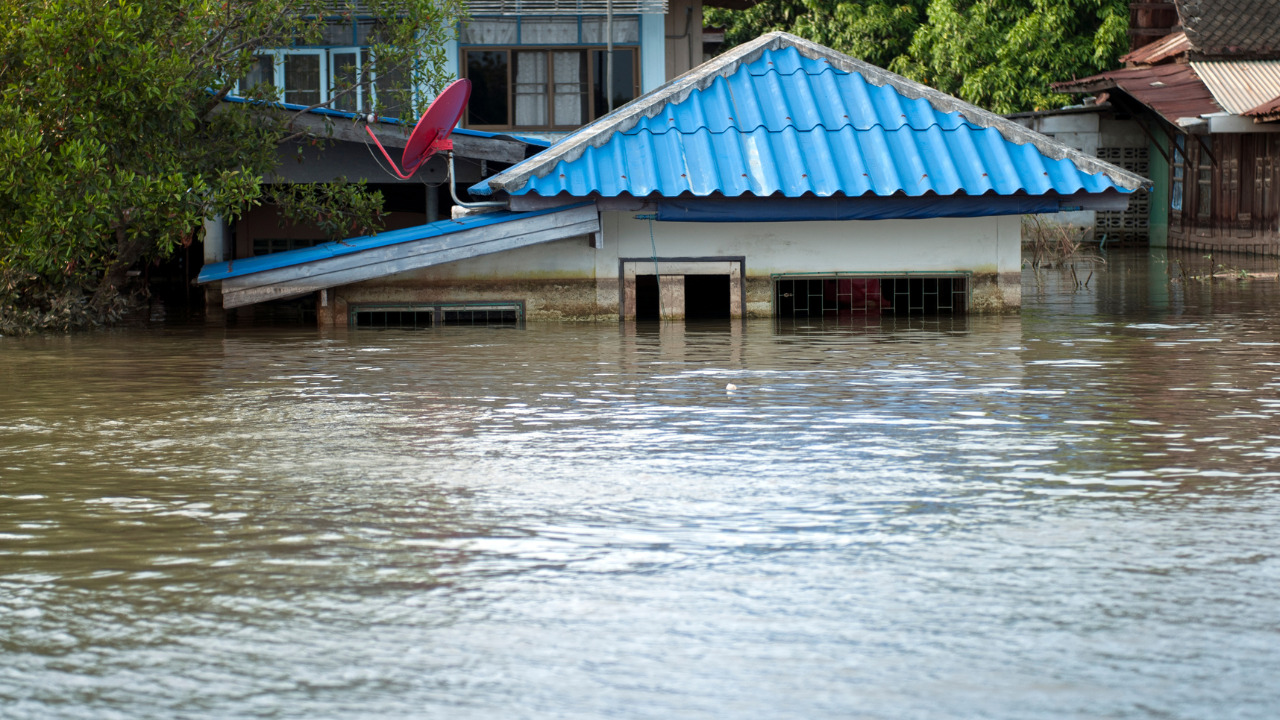Unwanted scenarios like flooding and water damage cause much stress for homeowners. Just like first aid to an injury, there are steps you can take to minimize the damage and get your home back in shape.
Water damage is one of the leading causes of home insurance claims and can affect your home’s structure, contents, electrical systems, plumbing, and HVAC systems. It can also affect your health, worst case scenario, if not treated quickly and correctly.
Table of Contents
Why Should You Be Vigilant In Water Damage Prevention?
Water damage can be expensive and cause serious health issues. An emergency plan is essential to know what measures to take when disaster strikes.
Whether you suspect a potential risk or have been affected by a flooding disaster, a water damage restoration service can help. These people have been trained, experienced, and dealt with water damage regularly.
What Steps Should You Take to Minimize Water Damage?
Safety is your utmost priority in any emergency water damage situation. Contact emergency services immediately, whether it’s a major leak on your roof, basement flooding, or overflowing appliances.
- Turn off your main water supply.
To stop, control, or minimize water damage in your property, immediately turn off the main water valve or shut off the power source. This way, you can prevent flooding and avoid further water damage.
- Identify the source of the water.
Water damage can come from different sources, such as a broken pipe, overflowing sink or bathtub, a backed-up sewer line, faulty appliances, damaged roofing, etc. Identifying the exact origin is critical for preventing additional damage to your property.
- Remove standing water quickly.
If you are dealing with an overflowing sink or bathtub, try using sponges and buckets to absorb as much water as possible. It’s also essential to raise furniture off the floor and remove any rugs or carpets affected by the flooding.
This way, you can also control damage to your property and ensure that the water damage restoration professionals will better understand what needs to be done.
- Document all/any water damage for your insurance company.
While some may not think of documenting amid a disaster, taking pictures and videos of the damaged area is essential. This will help you get the compensation you deserve from your insurance company.
- Schedule preventative routine maintenance.
Routine maintenance and inspections are essential for preventing water damage in your home. Have a licensed professional inspect your plumbing, HVAC system, and other areas vulnerable to flooding.
Plus, this will give you a detailed report of all the repairs, maintenance, and new installations needed to prevent future water damage.
Proven And Effective Tips On How To Prevent Water Damage
Severe water damage in your property does not happen overnight. Sometimes there are visible warning signs you may have neglected or overlooked.
Here are some tips that can help you prevent water damage:
- Check and repair any leaking pipes or faucets regularly.
- Inspect your basement for signs of moisture, such as mold, mildew, and water stains on the walls that indicate a potential leak.
- Install sump pumps in your basement to automatically pump out excess groundwater.
- Clean gutters and downspouts regularly to ensure proper drainage away from your property.
- Inspect your roof for missing shingles or tiles; have them replaced immediately if needed.
- Ensure your HVAC system is functioning properly and all its connections are secure with no leaks or cracks in sight.
- Trim all trees and shrubs away from your home to avoid clogged gutters or foundation damage caused by roots.
- Get help from experts if you need assistance with what to do.
- Only repair or do things by yourself if you’re a qualified professional.
Avoiding water damage takes effort but is essential for keeping your property safe and sound. A good preventive maintenance plan will keep potential water damage at bay and help you save money in the long run.
Risk Of Water Damaged To Your Property
Did you know that water damage poses several risks besides degraded property value? For instance, water damage can cause mold growth in your home, a serious health issue. Other problems include structural damage to walls and floors, weakened foundations, electrical hazards, etc.
Recognizing it early is the best way to reduce potential water damage risk. Therefore, you’ll need to inspect your home regularly for signs of moisture that could lead to water damage.
If you’re in an area where heavy rain, hailstorms, or weather conditions could cause water damage, consider investing in advanced waterproofing solutions to protect your property.
In a nutshell, these risks are:
- Property value degradation
- Mold growth
- Structural damage to floors and walls
- Weakened foundations
- Electrical hazards
- Health risks
Should You Schedule A Clean-Up Service For Water Damage?
In most cases, yes. If you’ve experienced water damage, it’s best to call a professional cleaning service with the right expertise and equipment.
A water damage restoration team aims to restore your property to its original condition as quickly and safely as possible, using advanced drying techniques such as dehumidifying and air-moving methods.
Final Words
Water damage can devastate your home and health, but it doesn’t have to be. Taking the proper steps to protect and prevent water damage to your property. Regular maintenance tasks like checking pipes, inspecting appliances, cleaning gutters, etc. will help reduce potential risks.





